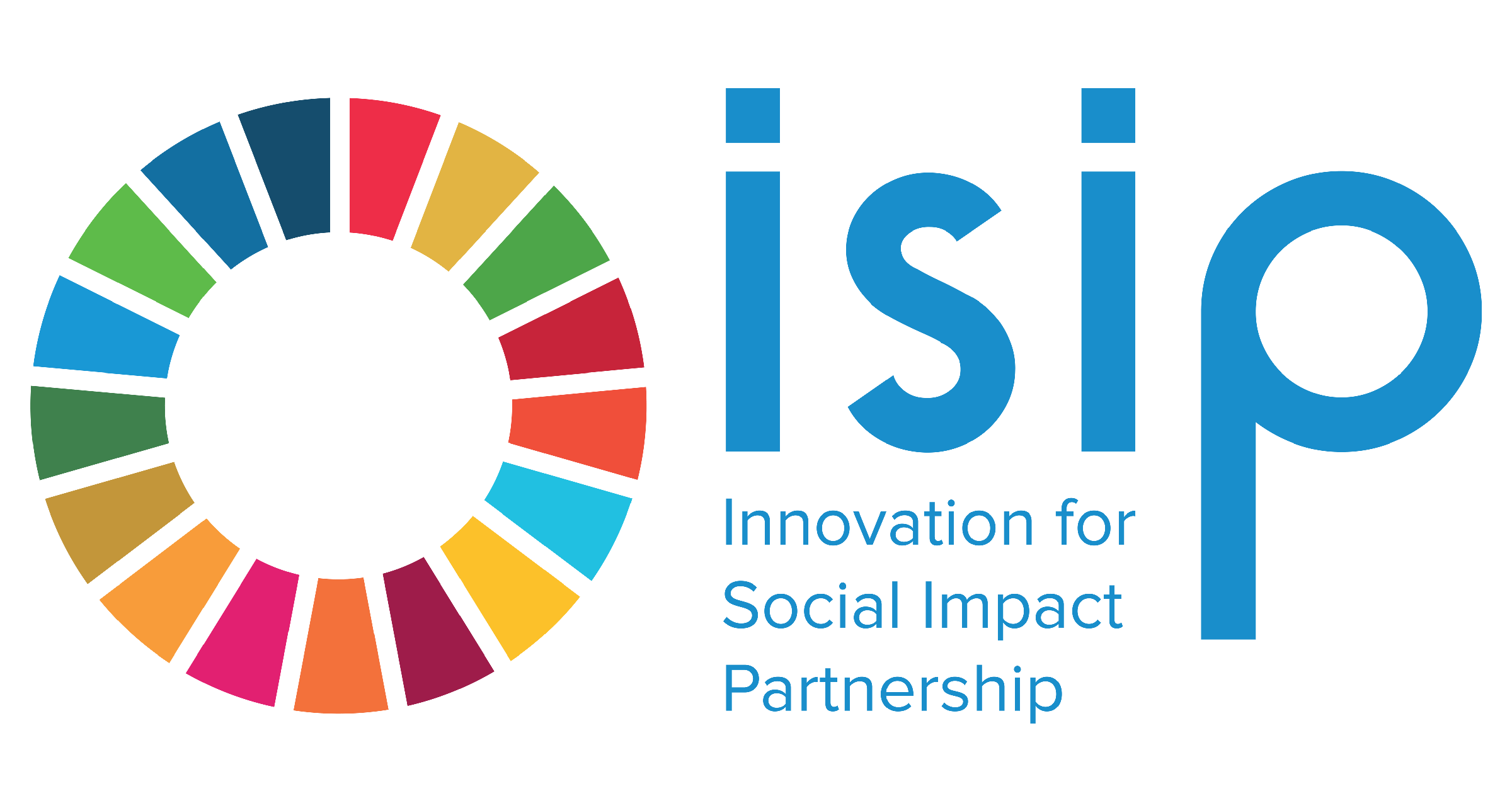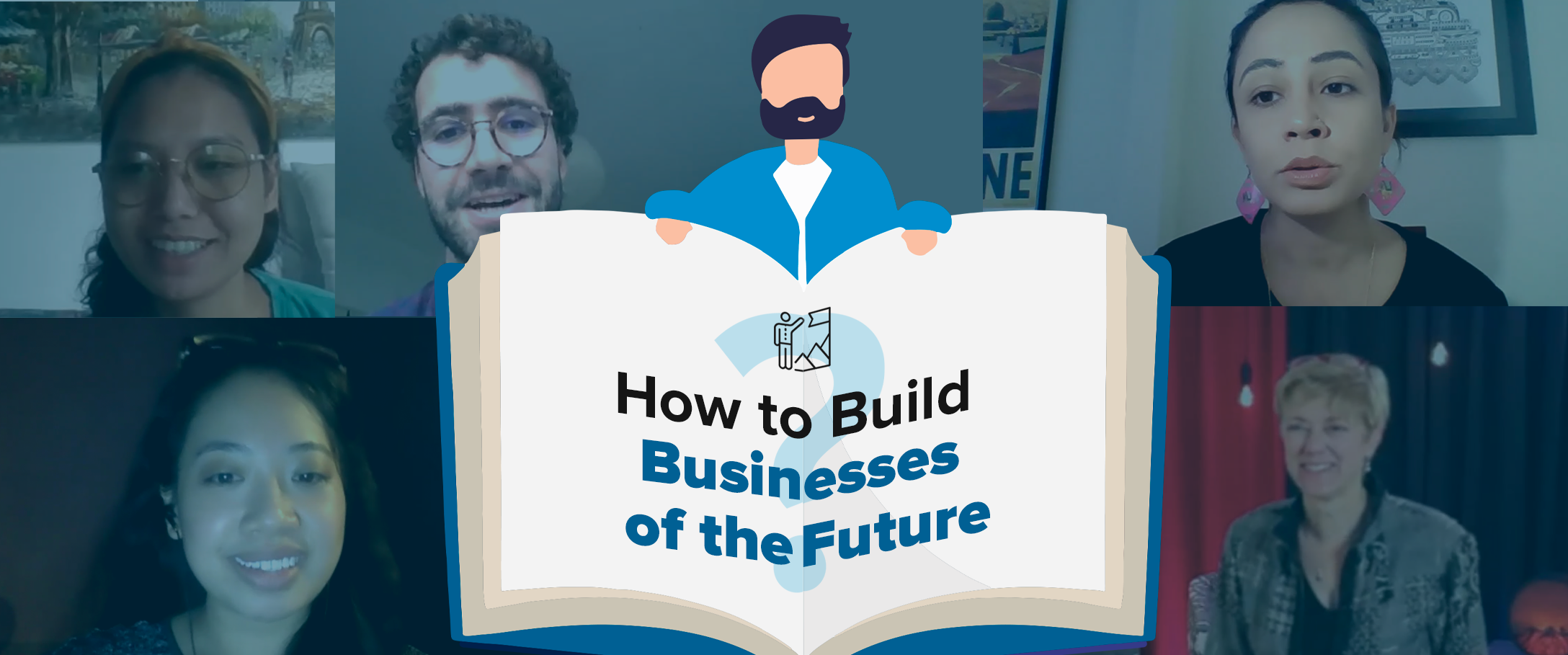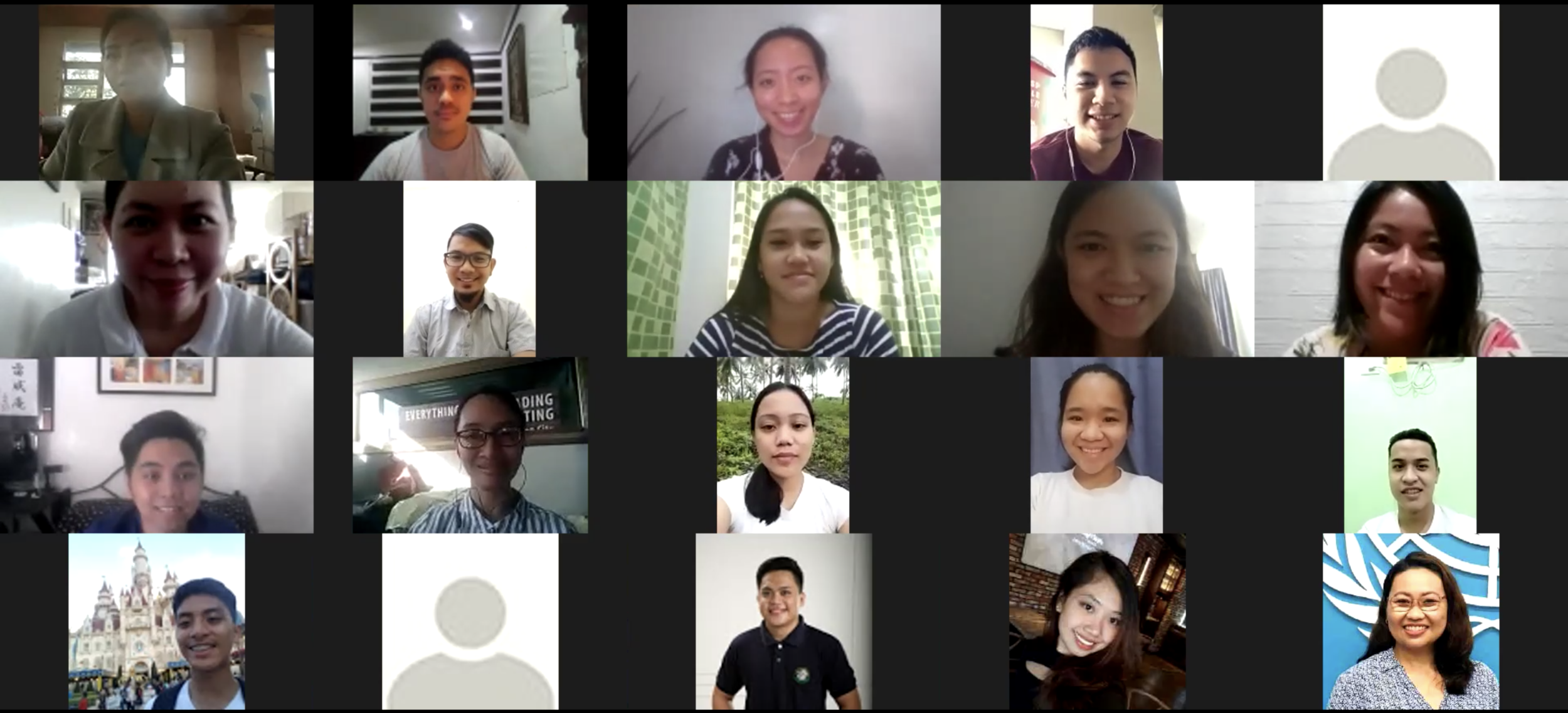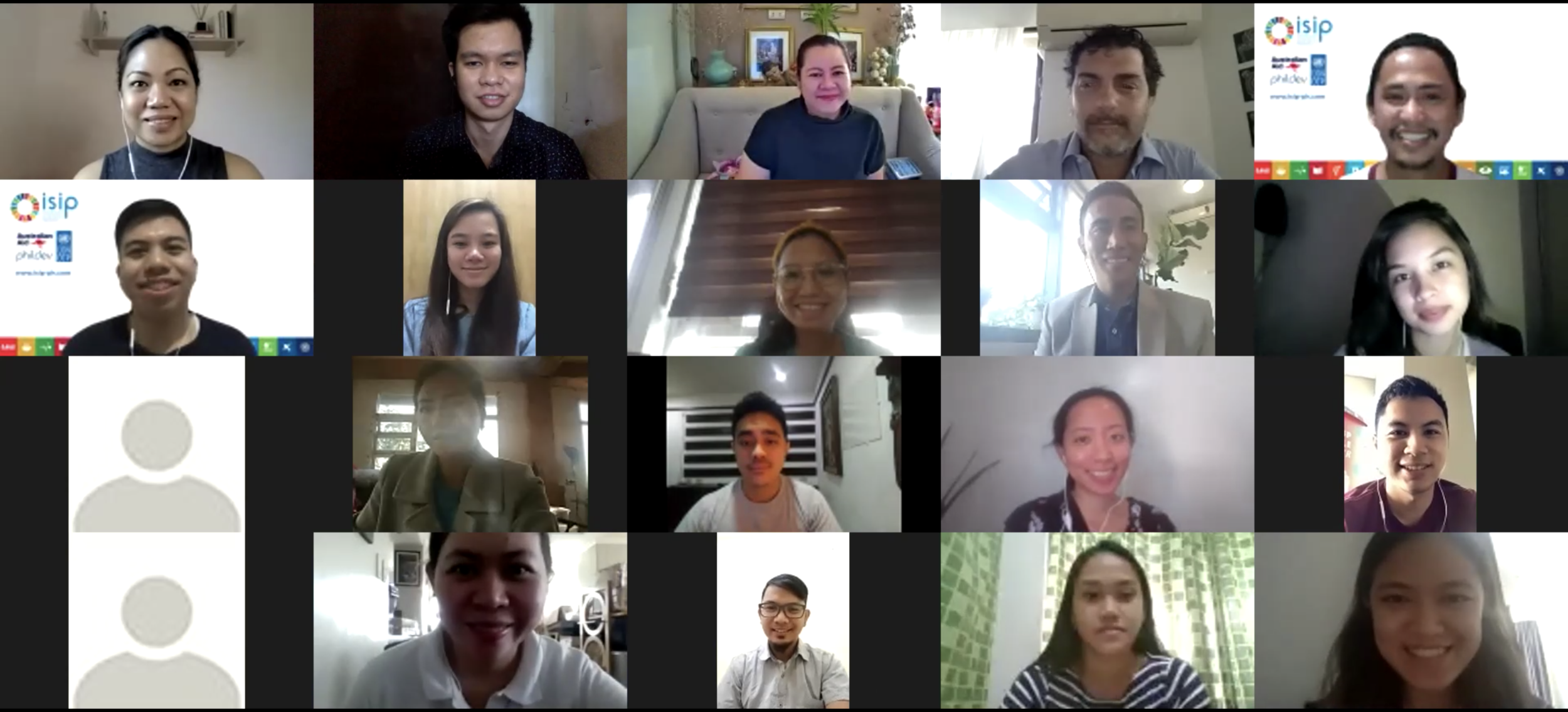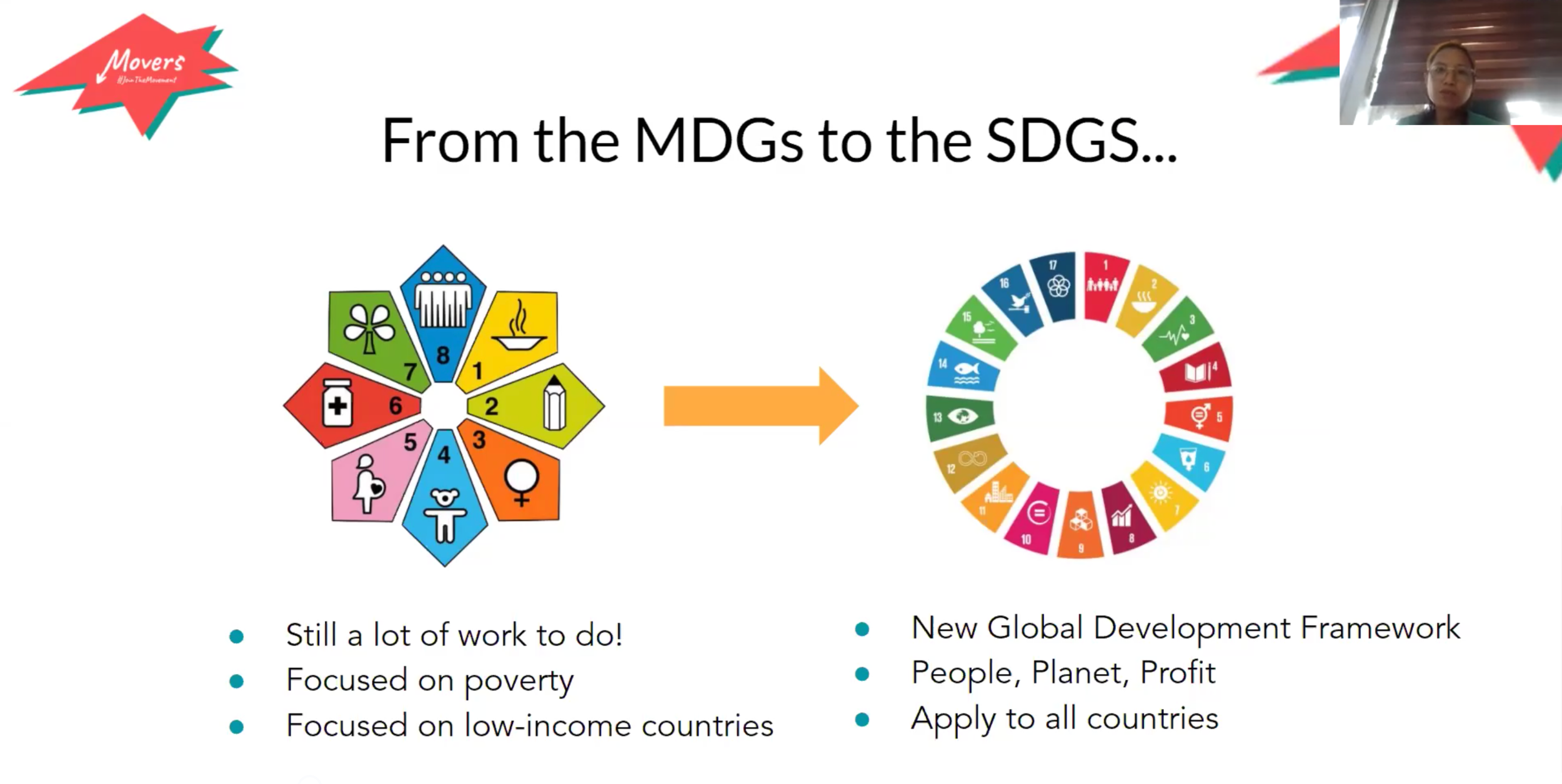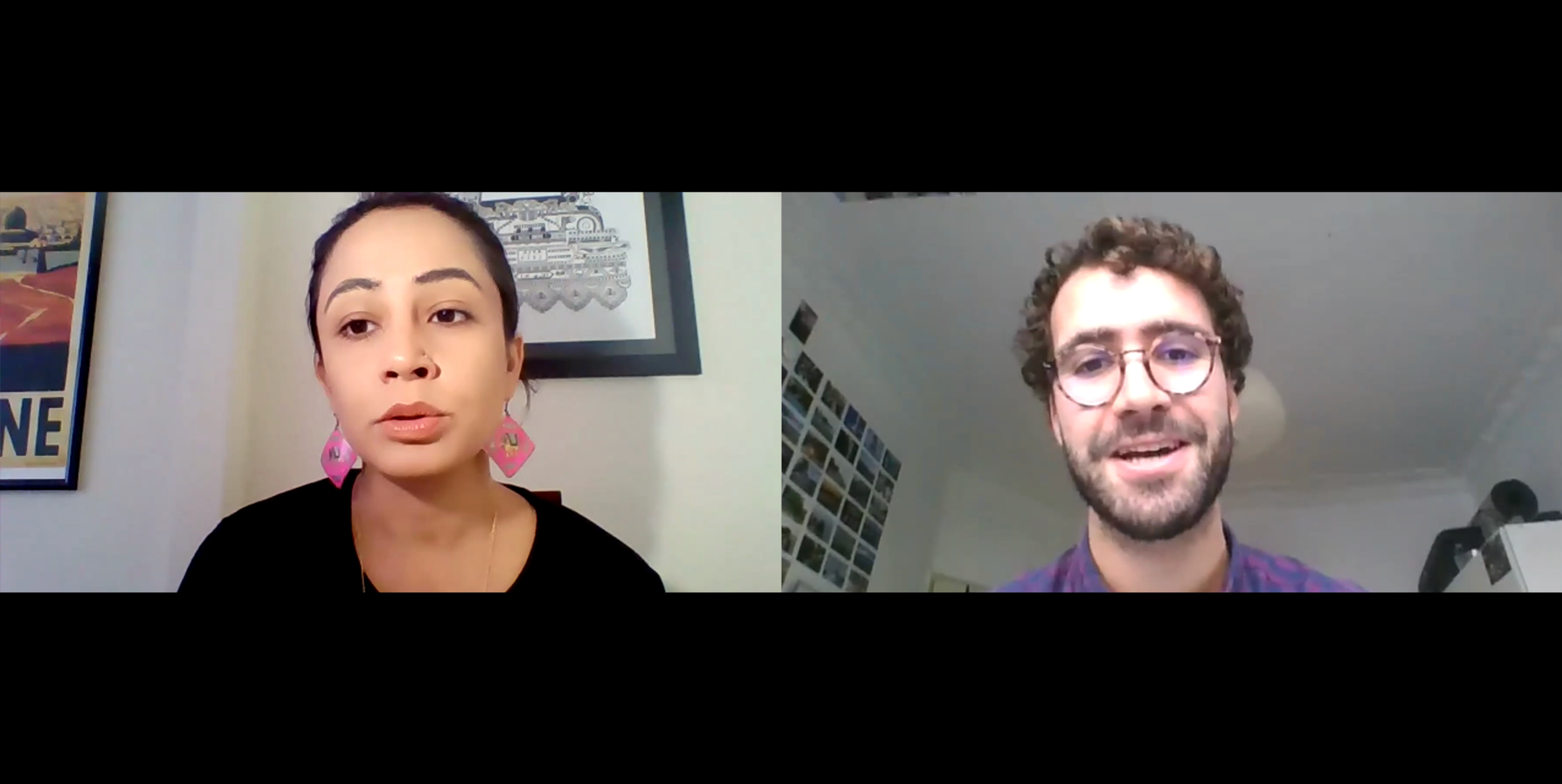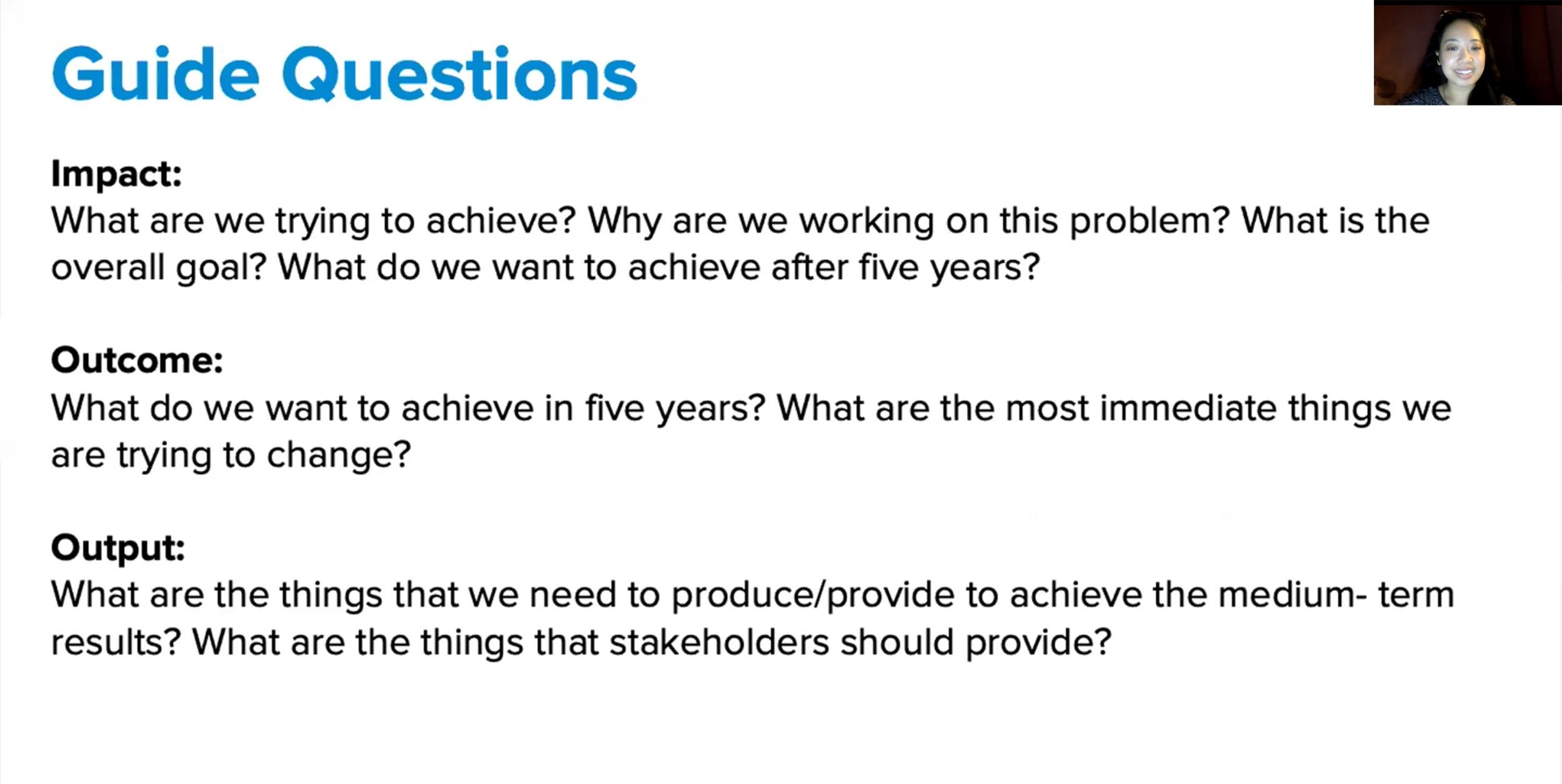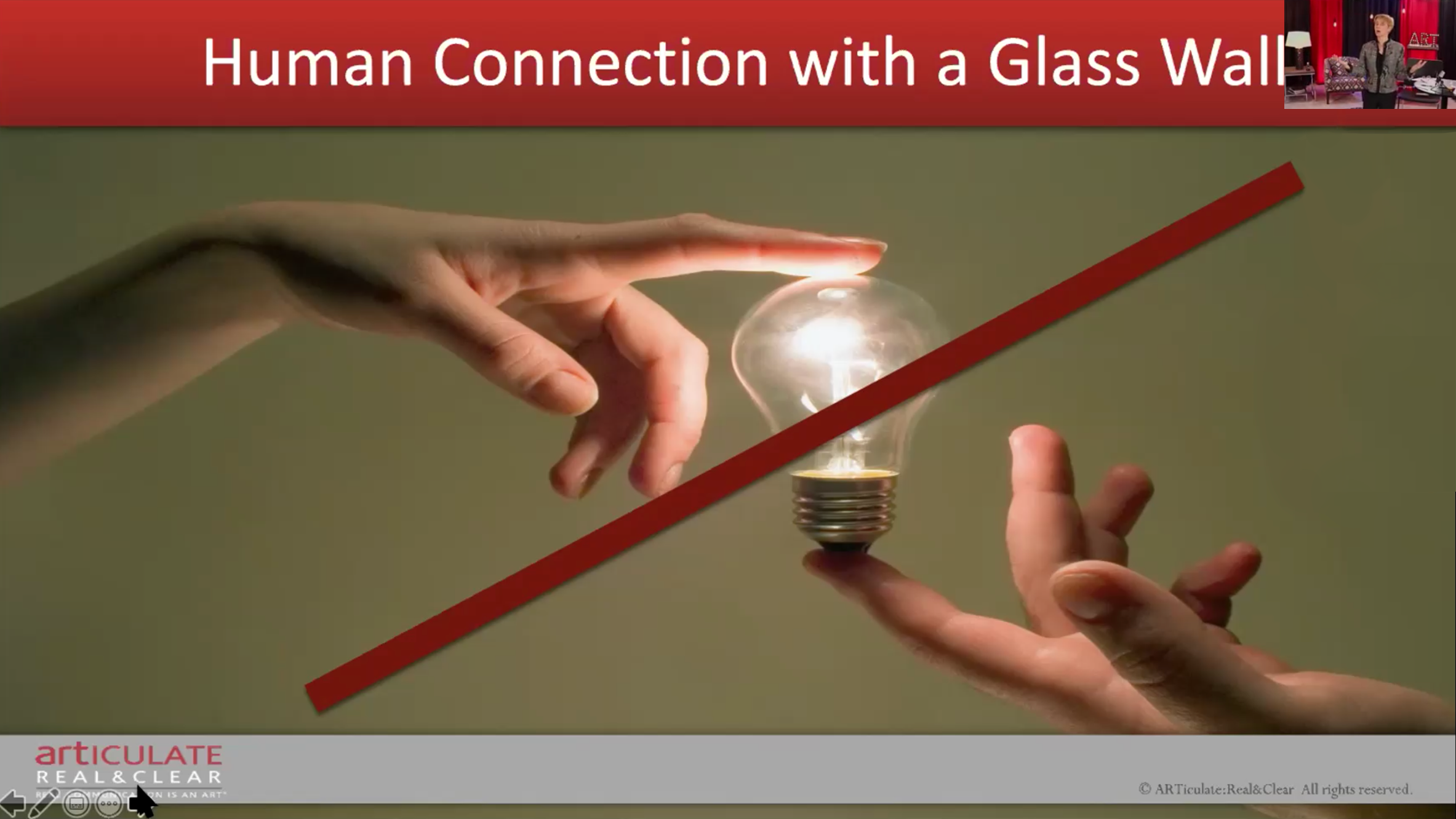How to Build Businesses of the Future?
by: Bella Angela Del Rio
“Whether or not you qualify as a social enterprise, all businesses have to create impact.”
According to the United Nations’ 2020 Sustainable Development Goals Report, “a rise in global poverty is expected to push back an estimate of 71 million people since 1998.” Due to the COVID-19 pandemic, there is a lack of social protection, increased commodity prices, and higher unemployment rates. As more families fall into poverty, those who were previously able to make ends meet find themselves in a tough spot, making it difficult to purchase food to put on the table.
Although the pandemic and recent calamities have pushed the progress towards achieving the Sustainable Development Goals (SDGs) backward, it has also posed a new challenge for businesses, startups, and organizations to innovate and create new solutions to rebuild the economy and help communities recover.
In the Innovation for Social Impact Partnership (ISIP), achieving the SDGs and supporting the Philippines' social enterprise ecosystem is what we aim to do. During these unprecedented times, ISIP continues to move forward in implementing activities such as the virtual Impact Boost Camp, where early-stage startups from university-based technology business incubators were guided to increase their social value and competitive advantage and encouraged them to become impact-driven and results-based enterprises. Through the three-day workshop, startups learned how to be more intentional with the impact they want to achieve by identifying themselves as a social enterprise and using tools to measure their growth, and communicating their stories and targets to potential investors and partners.
To contribute to society's development during these unprecedented times, providing job opportunities and innovative solutions to combat the worse effects of climate change and poverty is now needed more than ever. Learn how to build a business of the future and what it means to create impact from featured experts during the 2020 Impact Boost Camp last November.
“a rise in global poverty is expected to push back an estimate of 71 million people since 1998”
Be Intentional with the Impact You Want to Achieve
"Whether or not you qualify as a social enterprise, all businesses have to create impact. Usually, we think of a social enterprise as having a business, employing people in the marginalized sector, or donating whatever income you have to your beneficiaries. Building an enterprise with an impact goes beyond that. Young entrepreneurs, whether or not they [young entrepreneurs] understand the SDGs or what impact means, it is important for them to learn that whatever business they put out, even if it is not considered as a social enterprise, has to create impact,"
This is how Youth Engagement Officer Johanna Erroba, from Youth Co:Lab under the United Nations Development Programme (UNDP), describes the social role of businesses. Traditionally-built businesses or enterprises are primarily known to provide goods and services that drive profit. To set social enterprises apart, these are businesses that exist to drive social impact and improve the lives of people or the environment while driving profit.
Johanna encourages entrepreneurs to consider aligning their business model to the SDGs. Stakeholders and investors are not only investing in ideas that bring-in profits but are now shifting towards financing impact-driven solutions. In building businesses of the future, it is essential to balance profit with social impact, understanding that as an entrepreneur, one does not only live in the present to survive but has the responsibility to leave the world better.
"We have to realize that what we do now can impact our future,” says Impact Boost Camp participant, Carol Domalsin, founder of ARCHIE.
Based on a 2020 report from the World Bank titled, “Transforming Philippine Agriculture During Covid-19 and Beyond,” the Department of Agriculture has identified issues that limit the effectiveness of agriculture programming in the Philippines such as the lack of research & development (R&D) and technology dissemination. Carol also noticed that the agriculture industry in the Philippines needs to move forward in integrating argi-technology to address the issues in agriculture programming. As the founder of a social enterprise focused on agriculture, technology, and artificial intelligence (AI), Carol and her team have created an agri-robot that detects insects, pests, and weeds using smart cameras. By making ARCHIE the agri-robot accessible, farmers can work more efficiently, ensure food security while also gradually changing the future of agriculture through technology.
Another social enterprise featured in the Impact Boost Camp was Desalinitide Incorporated, a startup that offers a desalination system to the residents of Gilutongan Island, Cebu, increasing their access to potable water within the island that can sustain the needs of the people.
Apriel Goden, co-founder of Desalinitide and student at the University of San Carlos added, “We want to provide water using 100% renewable energy. We want to make manufacturing resources eco-friendly as production today usually contributes to a lot of carbon emissions.”
Being impact-driven allows businesses to become conscious of their actions, as a wrong move may trickle down and contribute to worsening issues such as climate change or poverty.
“Stakeholders and investors are not only investing in ideas that bring in profits but are now shifting towards financing impact-driven solutions.”
Be Accountable to Your Stakeholders
"You want to align with your targets, indicators, and goals because you want to know if you are succeeding. What does it mean to succeed? When you succeed, that means you have made an impact, and the returns have gone back to you and your stakeholders," Johanna adds.
In developing a framework to measure and manage the impact of an enterprise, stakeholders should have a voice in running the operations of a business. During day two of the Impact Boost Camp, Mariel Josh Tiongson, Monitoring and Evaluation Coordinator from ISIP and PhilDev Foundation, shared the monitoring and evaluation system used in the project– the Results-Based Management. This system has three principles that ISIP follows:
Depth of Ownership- leaders of the business/organization have full accountability of all activities conducted and results or impact achieved.
Engagement of Stakeholders- provide a space for all stakeholders to give their insights from the planning, monitoring, and evaluation stages of impact management to be knowledgeable of all operations that are in place.
Focus on Results- ensure that the business/organization is results-based rather than merely complying with outputs and activities.
Josh also adds that if stakeholders are fully involved and are given a voice in the operations, "They can share this information with other stakeholders, introduce you, promote you, and maybe expand your market so that you will be able to make an impact to more communities and beneficiaries. So, that is why we have to put importance on our stakeholders."
An example of a social enterprise that uses the results-based framework is Kids Who Farm, an enterprise co-founded by Moncini Hinay and another participant from the Impact Boost Camp. He shares that through his startup, he wants to educate and capacitate the youth on urban agriculture, so they will be able to contribute to food security solutions. Moncini also shared that he aims to do this by partnering with public schools and barangays.
During the three-day workshop, Moncini presented his results-based framework and showed the resources, outputs, outcomes, impact, and the corresponding indicators needed for their startup to reach its goals and objectives. Josh found their framework impressive as it clearly showed the activities and resources needed to be carried out to achieve the startup’s impact.
Communicate Your Impact through Storytelling
“Your voice is essential, we need your voice and your story, so take the time to get the story crystal clear. It won’t be easy”
In building results-based and impact-driven startups, effective storytelling and communication are key aspects that are often disregarded, but essential for potential investors and stakeholders to understand the goals and business model of the enterprise.
“Storytelling is an essential human element in how human beings connect. Businesses need to have a more human aspect to bring things to life, to connect to it emotionally,” says Hilary Blair, CEO and Communication Coach from ARTiculate: Real and Clear.
Hilary acknowledges that facts and data are important in communicating the impact achieved, but highlights that storytelling is a factor that elevates the authenticity of the impact. Telling stories brings humanity and amplifies the voices of the stakeholders involved.
Due to the pandemic, people have been pushed to embrace virtual interaction, from online learning to a work-from-home setting. The new normal has accelerated the need for technology. During the camp, participants were forced to rethink how best they can use the virtual space to communicate and pitch their ideas.
As participants prepared their business pitches for the closing pitch competition, Hilary shared a pitching tip emphasizing that effective communication does not require a lengthy preamble. In communicating, some attempt to sugar-coat or provide a long introduction because of a common misconception that being direct is considered rude. To address this, Hilary explained one of the basic concepts of storytelling called 'Short Runway', a technique in communication wherein speakers are encouraged to get straight into the meat of their story. Watch this video to learn more about ‘Short Runway’.
“Your voice is essential, we need your voice and your story, so take the time to get the story crystal clear. It won’t be easy” – Hilary Blair, ARTiculate: Real and Clear
Businesses play an important role in moving the country forward and surviving the COVID-19 pandemic. Through the Impact Boost Camp, ISIP aims to not only equip startups and social enterprises with the skills to measure impact and advocate for the SDGs, but to also build their communication skills to attract the right investors and partners to grow their business.
“Your idea is not crazy, just do it, because this idea will remain an idea if we don’t put action into it. If we have the passion to help others, bring that idea to people with the same passion,” says Apriel Goden from Desalinitide Incorporated.
—
Bella Angela Del Rio is a youth advocate that aims to bring awareness towards youth's role in society, gender equality, and environmental conservation through communications and graphic design. She currently serves as the Communications Assistant for the Innovation for Social Impact Partnership (ISIP) project, empowering local social enterprises and driving the Sustainable Development Goals (SDGs) into action through design and compelling stories.
